A NSW mother says it is breaking her children's hearts that they haven't seen their father in almost a year, because while coronavirus restrictions are lifting everywhere else, a "damaging" lockdown still exists in prisons across the state.
Leni Cormack believes being cut off from seeing their children during in-person prison visits is having a negative effect on her husband's rehabilitation, and she's worried lockdown is having a dangerous impact on mental health for inmates across the state.
"Each week I tell the kids they get to see their dad on the weekend, and they get so excited thinking we are going to visit him - But when they find out it's another video call it just breaks their hearts," she told nine.com.au.
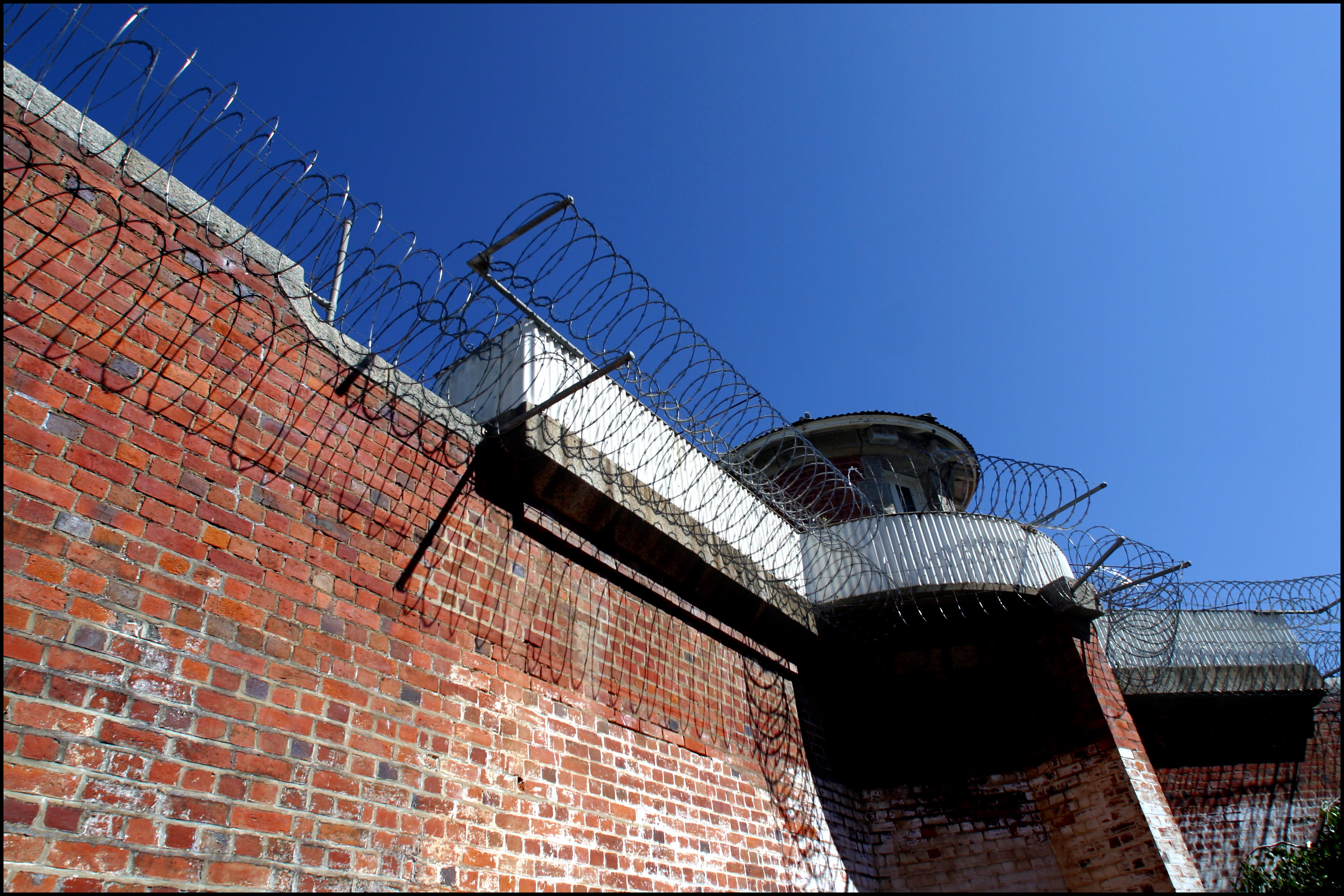
READ MORE: All the latest on coronavirus across Australia and the world
According to Corrective Services NSW, there are an estimated 13,000 inmates currently serving sentences across 35 facilities.
Ms Cormack believes there would be at least double that number on the outside who are desperate to see their loved ones.
In 2018, her husband Jason was sentenced to four years and 10 months jail over a serious assault on a highway patrol officer who was called to the family's Wollongong street over a car noise complaint.
An altercation ensued and Mr Cormack was charged with assaulting the officer to avoid arrest.
It was determined in court that underlying mental health conditions and distress from being capsicum sprayed both played a role in the 32-year-old's outburst, and he was sentenced to three years without parole.
"Jason pleaded guilty and he owned what he did – now he is determined to put 100 per cent in to getting out to see his kids," Ms Cormack told nine.com.au.
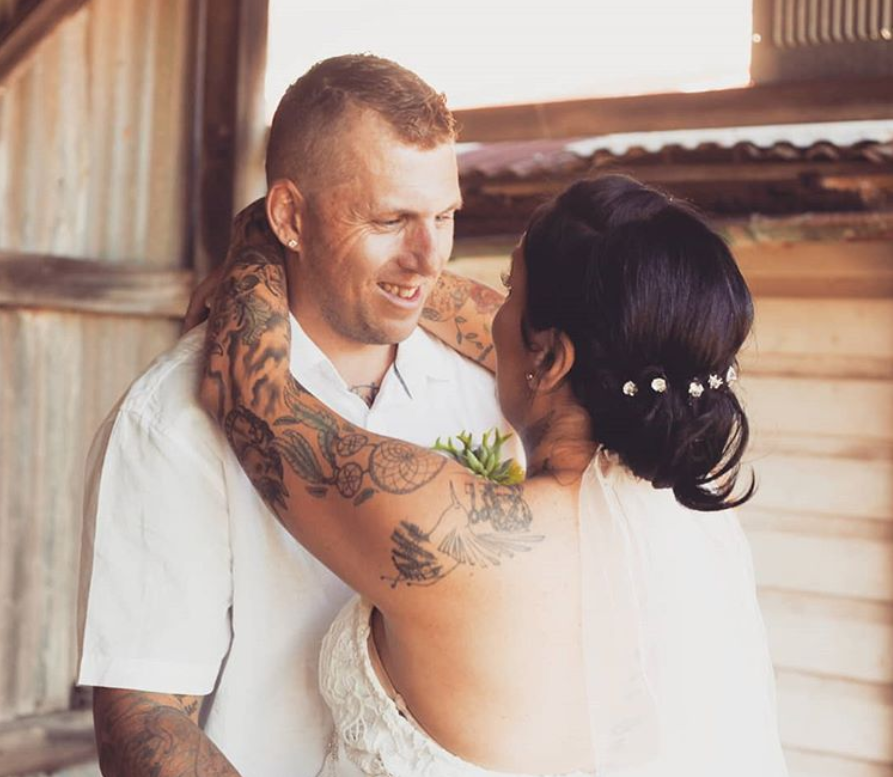
READ MORE: New warning for south-east Sydney as restrictions ease in NSW
She said her husband can't change what he did to the officer, but he has spent his time behind bars working on improving himself.
She said the one hour a week when the family could all sit together for an in-person visit played a massive role in his rehabilitation.
"Imagine seeing your children each week and having them say 'daddy come home, we miss you and we are proud of you,' that inmate goes back to their cell motivated today and every day to behave and make the right choices until they are released," Ms Cormack said.
"When you take that away and keep them in their cells for the majority of the day to prevent coronavirus – that hinders their recovery."
It has now been nine months and counting since the children, aged two, four and five, have seen their father in person.
Corrective Services NSW have not indicated if changes to visitation will occur anytime soon.
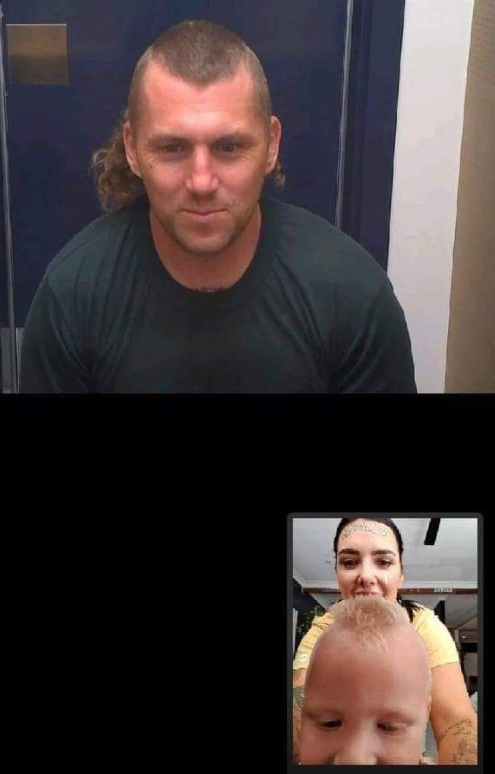
Video calls keep families connected
Authorities have implemented Skype calls for inmates and their families to keep in touch during the coronavirus lockdown.
Corrective Services NSW told nine.com.au it has facilitated more than 126,000 "video visits" between inmates and families since face-to-face visits were suspended due to coronavirus.
However, Ms Cormack says the quality of the calls is subpar and not being able to physically hug their dad, or sit on his lap and bond with him is having a devastating impact.
"I am grateful for video calls because they are better than nothing, but the camera quality is terrible – one time the call cut out seven times in just 20 minutes and they often pixilated and freeze up."
READ MORE: Riots at correctional centre after multiple fires lit overnight
Ms Cormack's youngest child was just six-weeks-old when his father was locked up and he is now almost three.
"He has only seen his daddy a handful of times that he can remember. He has to build a relationship through Skype calls that rarely work," Ms Cormack said.
"He even tried to feed Jason a chip by holding it to the phone because he remembers that during visits, he could share snacks with his dad."

READ MORE: Sydney prison inmate tests positive to coronavirus
"We recognise that contact visits are important to inmates and their loved ones and have worked hard to increase contact with families via phone and video visits," a Corrective Services NSW spokeswoman told nine.com.au.
"As part of our COVID-19 response, the window in which inmates are permitted to make video and phone calls has been increased in order to provide additional support to inmates and their families more broadly."
READ MORE: Corrective services trainer tests positive to coronavirus
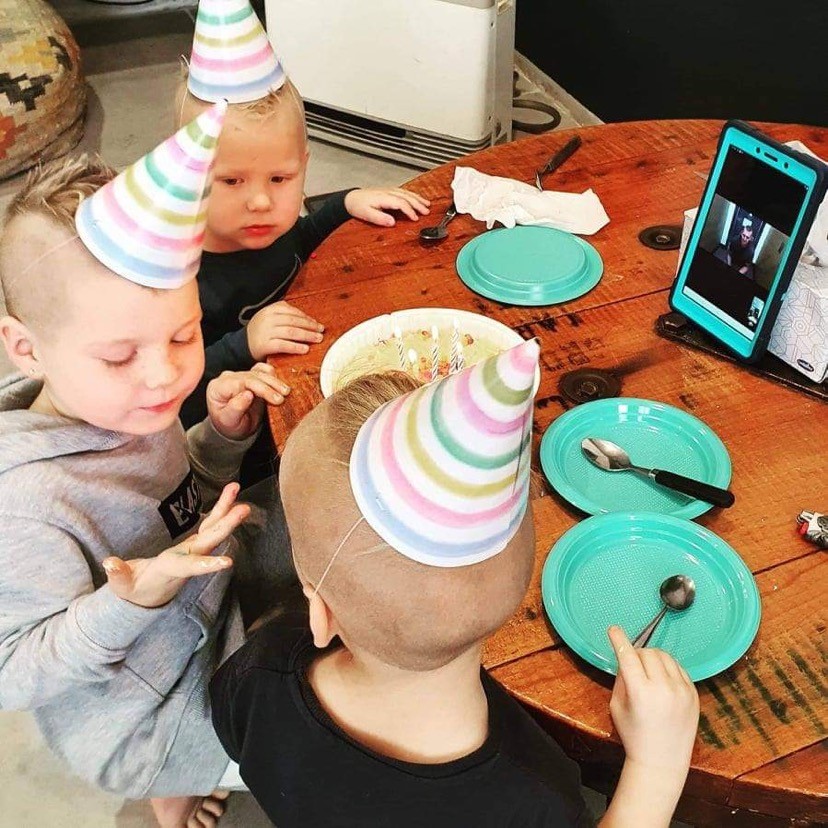
When will in-person visits return?
Ms Cormack says she understands the decision to shut down visits at the start of the year when the state was in full lockdown, but wants to know when it could change now that cafes, restaurants, bars and other public venues have reopened with lowered restrictions.
"The risk is lower, cafes are open, children are now back at school with hundreds of other students, people are piling on top of each other to hit the beach now it's getting warmer – but nine months later, I still can't take my kids to see their dad," she said.
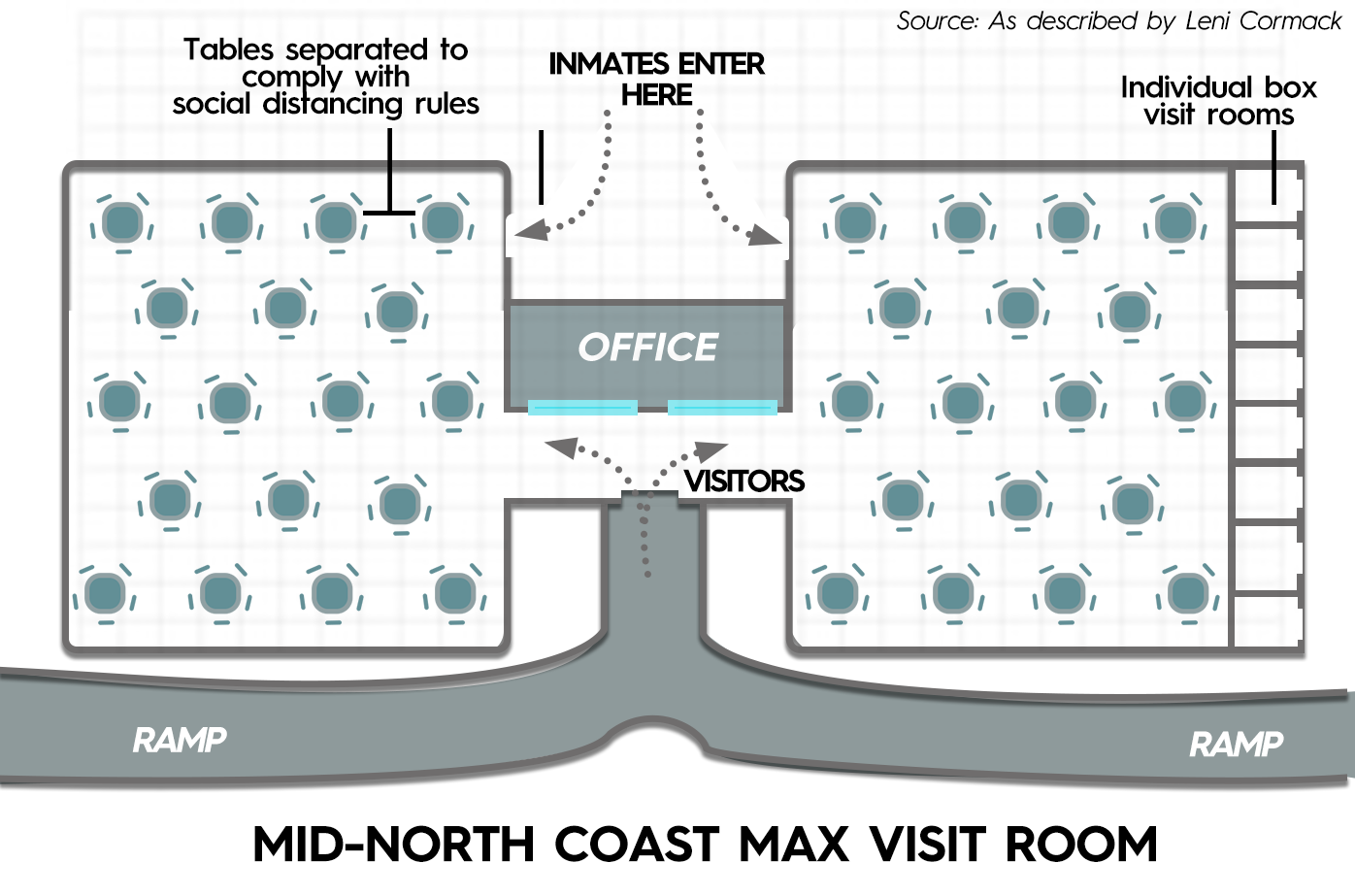
Corrective Services NSW said it will reinstate face-to-face visits when it is safe to do so for inmates, their families and staff, and planning is underway to reintroduce these visits in a COVID-safe capacity.
What coronavirus is doing to inmates' mental health
Dr Andrew Ellis, a forensic psychiatrist and senior lecturer at UNSW, said the major changes implemented in prisons because of the coronavirus pandemic can have serious psychological effects on inmates.
"People with existing psychiatric conditions may experience a worsening of their condition while subject to quarantine," Dr Ellis said in a report on the issue.
He said delivery of mental health care in custodial facilities is difficult at the best of times and reduced access to visitors could increase distress in prisoners with mental health conditions.
Dr Ellis also said replacement services like video calls often render communication difficult or impossible.
READ MORE: Multiple prisons in Victoria in lockdown after guard diagnosed with coronavirus
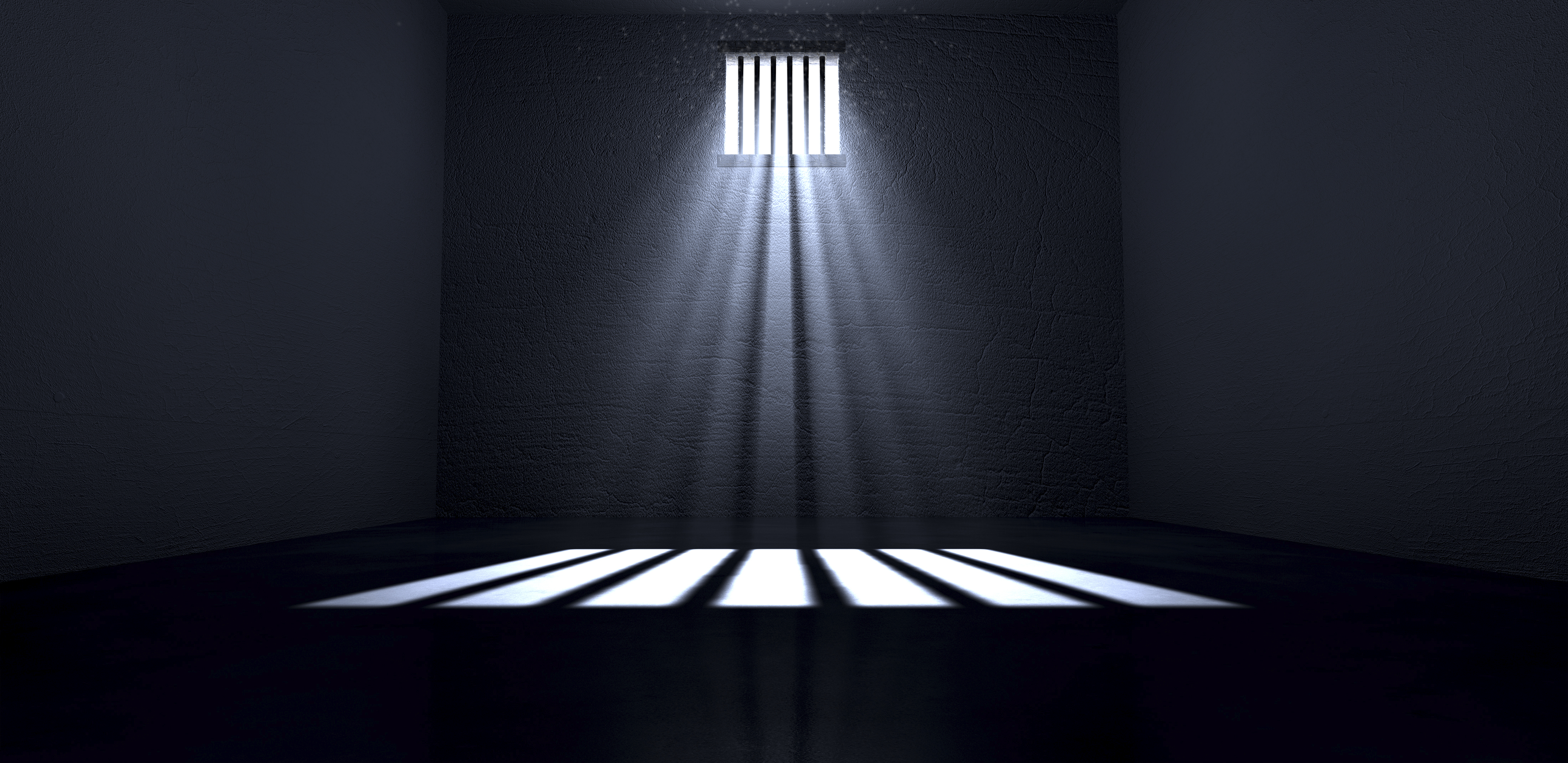
"Therefore - measures to combat the spread of a virus (lockdowns, quarantines and reduction in face to face mental health staff presence) can induce new mental disorders, worsen existing mental disorders and reduce access to treatment," Dr Ellis said.
He said for inmates with major mental illness and cognitive learning disorders, lockdowns can mean they are more vulnerable to suicide or being the victim of assault and prolonged confinement has been shown to have negative effects on mental and physical health, even inducing psychotic episodes, depression and PTSD.
Ms Cormack said her husband had been working hard on his rehabilitation before coronavirus hit, completing courses on better communication, anger management and doing five shifts a week in the prison kitchen – all to better himself.
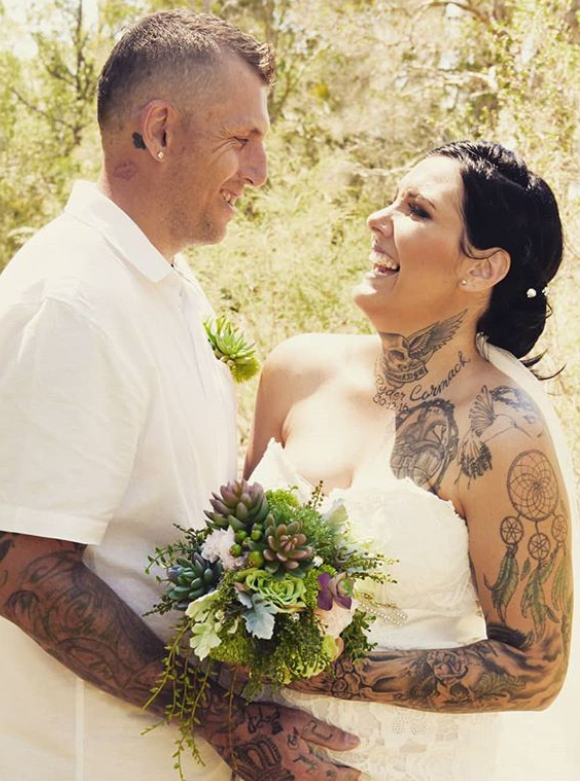
But due to coronavirus, rehabilitation courses have been put on hold and yard time has been severely cut back.
"Jail can be a blessing in disguise for many of these inmates as long as they have the right support and encouragement," Ms Cormack said.
"Government health authorities go on about everyone's wellbeing, but there are men and women behind bars who are suffering mentally because of coronavirus and that could be an even bigger killer than the virus."
from 9News https://ift.tt/35C4TqT
via IFTTT


0 Comments